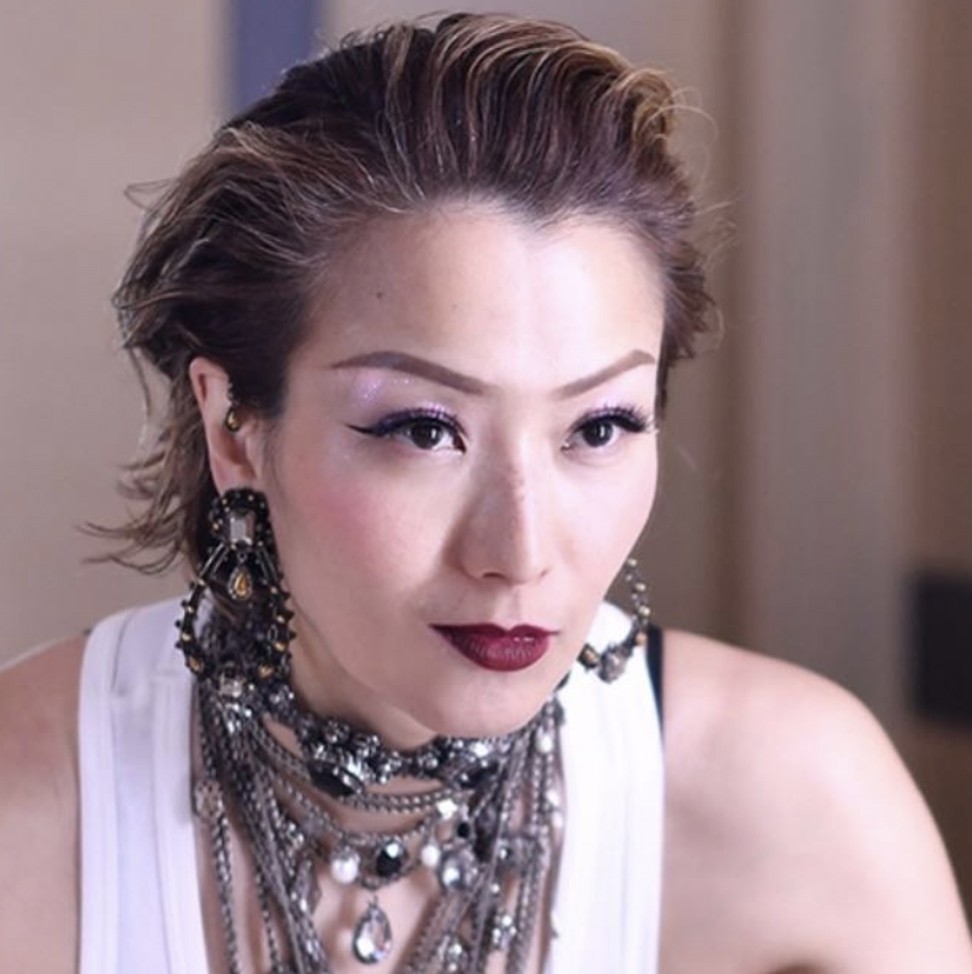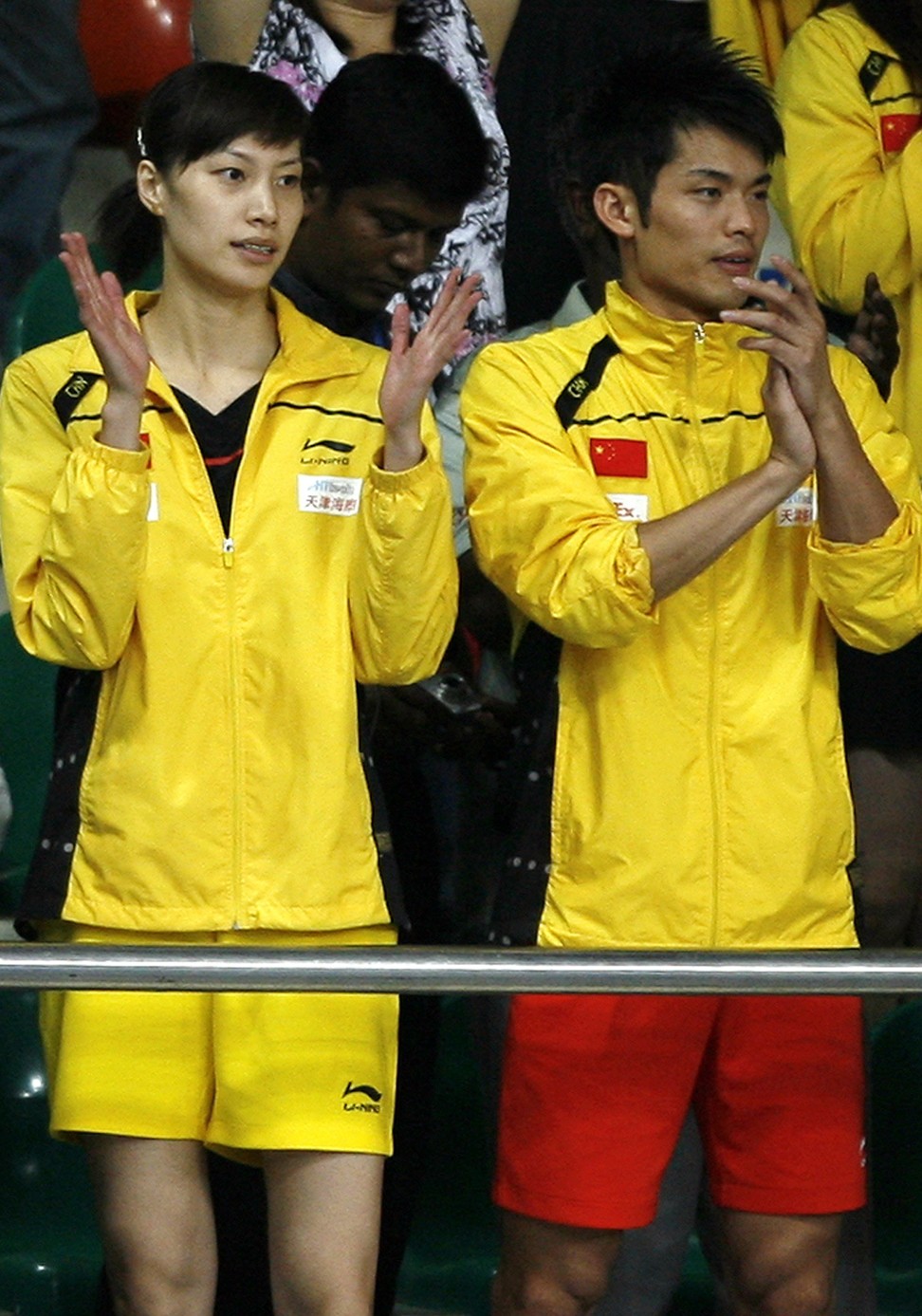
Hong Kong superstar Sammi Cheng sparks debate about Chinese traditions by forgiving husband Andy Hui for fling
- Queen of Canto-pop reconciles with Hui after video shows him kissing actress
- ‘Men cheat; women forgive’ – on social media, Cheng’s followers hit at traditions
Sammi Cheng has sparked a heated discussion about why Chinese wives are indulgent after she publicly forgave her husband for cheating on her.
The Hong Kong superstar and “Queen of Canto-pop” posted a conciliatory statement on social media on Thursday, two days after an online video showed her husband, singer Andy Hui, kissing and cuddling TVB actress Jacqueline Wong in the back of a taxi.
“Happiness doesn’t mean everything has to be smooth, there will be tests,” Cheng wrote in Instagram. “I believe this experience will help us get back on the right track and that our lives will be reborn.”
Weibo users expressed disappointment in Cheng’s approach and vented their anger at Hui, saying he did not deserve her.
Rise of ‘morality schools’ for Chinese women sparks outcry
“I found that this is the norm now, the men cheat, most women choose to forgive, and after a few years it’s like nothing ever happened,” one wrote on China's Twitter-like microblogging service. “But when the women cheat, most end in divorce and the women keep getting bombed by the public.”
“Her message was full of tolerance and understanding,” another wrote. “She talked about being a couple, talked about her parents, her family. She talked about a lot of things, but there's nothing about how she feels.”
In 2014, Chinese actress Ma Yili set a Weibo record by prompting more than a million comments when she forgave her cheating husband, actor Wen Zhang. She wrote: “Being in love is easy, being married is not. We should live and cherish.”
In 2016, badminton world champion Xie Xingfang learned her husband, Olympic badminton champion Lin Dan, had cheated on her while she was pregnant.
After a day of silence, Xie wrote on Weibo: “Our family will support this responsible man who always corrects his mistakes. Thank you for your attention, and our family will sail together through all obstacles.”
Some internet users attributed such forgiving attitudes to traditional Chinese values that demanded women be faithful, obedient and family-oriented. They compared such Chinese women to MacKenzie Bezos, ex-wife of Amazon founder Jeff Bezos, who recently settled on a multibillion-dollar divorce after he cheated on her.
Others said that as China was a heavily patriarchal society, divorced women or single mothers were not viewed favourably, although those women may be celebrities.
This traditional view of the role of women was also reassessed by the authorities, with the education ministry calling last week for an end to traditional female morality education in schools because it was unscientific and violated regulations.
The ministry released a set of rules forbidding the teaching of values such as the traditional Three Obediences and Four Virtues – obedience to father, husband and sons, and the virtues of work, appearance, speech and behaviour – under any name.
Several extracurricular “female morality schools” that taught women to be obedient and chaste have been closed by the authorities.

.jpg?itok=H5_PTCSf&v=1700020945)

